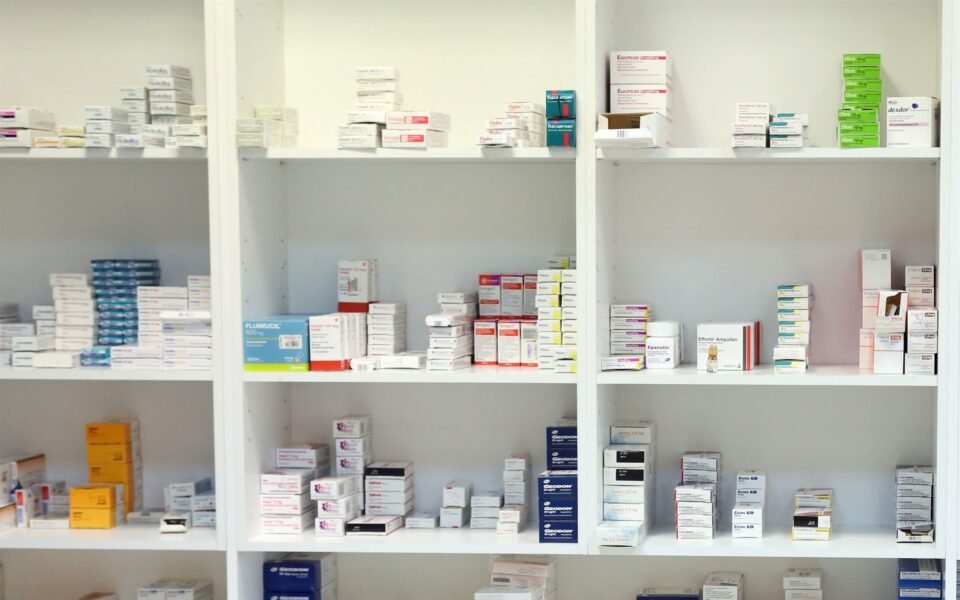
The low birth rate and ageing population plaguing Greece are not just a demographic “time bomb” for the pension system, as has been widely reported: the dramatic decline in births is pushing companies away from making products for young children and towards producing goods for adults.
Companies are now making toys for adults instead of children, baby food companies are moving into specialized clinical nutrition products for adults, such as those targeting diabetics and those offering nutritional supplements, and some companies that make baby wipes are now making incontinence diapers instead of baby diapers.
The demographic problems plaguing Greece – low birth rates and an ageing population – are not just a time bomb for the pension system, as has been widely reported: the dramatic decline in births also threatens entire groups of companies whose survival until recently relied on the manufacture and sale of baby products.
Recent events in Greece, and across Europe, have led companies to adjust their strategies to curb losses and opt for new product categories geared towards the needs of adults.
A few days ago, Convert Group, a market research company that tracks online store sales in real time, published data on e-pharmacy turnover for the first half of 2024. According to the company, e-pharmacy turnover from January to June increased by only 1% compared to the same period in 2023, reaching 145 million euros. This is actually a negative development, considering that the sector has experienced double-digit growth in recent years and this is not only due to Covid-19. What is interesting is that, according to Convert Group’s analysis, behind the poor figures for online pharmacies lies, among other things, the dramatic decline in the number of births recorded in recent years.
It is therefore no coincidence that the category that saw the biggest decline in sales in online pharmacies was baby products, which fell by 16% compared to the previous year. The biggest drop (25%) was in baby milk, followed by baby diapers (-21%), oral care products for babies (-9%), baby products (-5%) and bath products for babies (bubble baths, sponges, etc.) (-3%), while sales of skin care products remained stable.

